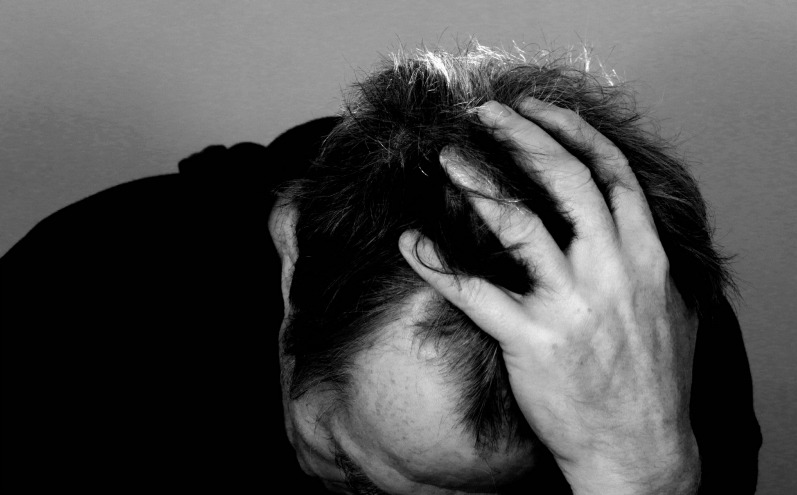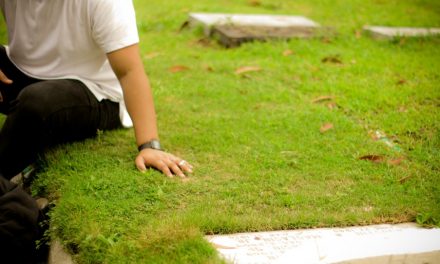So often we hear people say, “I am not worthy because I am weak.” If this is the case, then no one in this world has been, is, or will ever be worthy—worthy to partake of the sacrament, enter the temple, or receive of God’s love and blessings.
Our weaknesses are part of the nature of being human and have a huge role to play in our progression. In fact, they come from God. In the Book of Ether, the Lord said, “I give unto men weakness that they may be humble…” There is no unclean thing that comes from God; therefore, our weaknesses don’t make us unclean.
The idea of being unclean when we are weak might be coming from the misconception that sin and weakness are intertwined or the same thing. They are two completely different things.
Part of the state of mortality is that we become subject to physical, mental, and emotional illnesses or limitations. Even Jesus Christ who lived a perfect life was subject to the weaknesses that come with this mortal state. Like us, He has experienced fatigue, hunger and human emotions. He was not exempt from temptations. In fact, He was subjected to the most cunning temptations as He fulfilled the most powerful act in the history of mankind—the Atonement.
We have been given weaknesses that we may be humble, learn the virtues and principles that prepare us to meet God, and seek God’s grace. It is through God’s grace that we are able to do what we cannot do on our own. It is by God’s grace that our weaknesses can become strong. In this sense, our weaknesses bring us closer to God. On the contrary, sin only takes us farther from God.
Our weaknesses also lead us to spiritual progress. In the days of old, Jesus came and healed people of their illnesses—he caused the blind to see, healed a leper and a woman with an issue of blood, and brought back someone from the dead, among many other healing miracles that He performed. While these dramatic miracles may not happen as openly these days, there are other ways that God makes weak things become strong.
In some circumstances, God may provide a friend who will help us do what we cannot do, or someone who can teach us on how to better do the things we are not good at. Sometimes, He lets us endure our weaknesses to teach us resilience, long-suffering, hope and faith. Other times, He lets us discover our strengths through going through them. Some people use their experiences to motivate other people who are experiencing the same circumstance. And to some, God gives the sweet calming assurance of returning to His mansions above if they righteously endure. All of our experiences pertaining to our weaknesses, if we seek the Lord, help us progress spiritually.
Furthermore, we do not need to repent of our weaknesses. We repent when we willfully disobey God—that is, when we sin. We only become unclean when we sin. However, there are ways that we might be using our weaknesses to stagnate our progress in this life. One is doing this when they say, “I have sinned because of my weakness.” Of course it is not uncommon to think that we are more susceptible to temptations when our weaknesses get the best of us. But we cannot lay the blame on our weaknesses when we sin. Disobeying God is a choice we make. Using our weaknesses to rationalize the sins we have committed leads us to become unrepentant and unclean.
Our weaknesses can become gifts if we choose to seek the Savior’s help to overcome them, to see the good that comes from going through them, and to learn the Godly virtues that come through enduring them. Our weaknesses do not make us unclean but in many ways, make us strong, help us progress spiritually and bring us closer to Heavenly Father and Jesus Christ.





